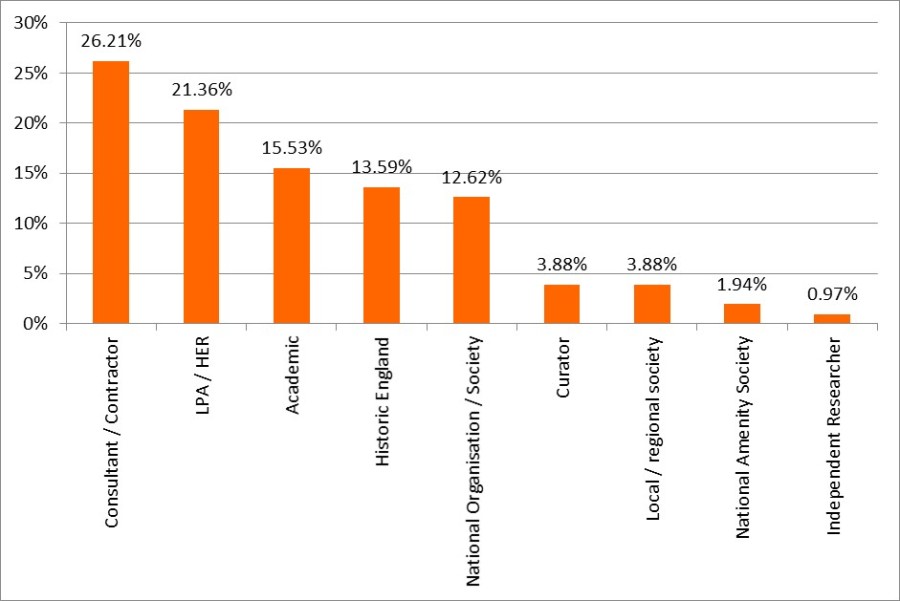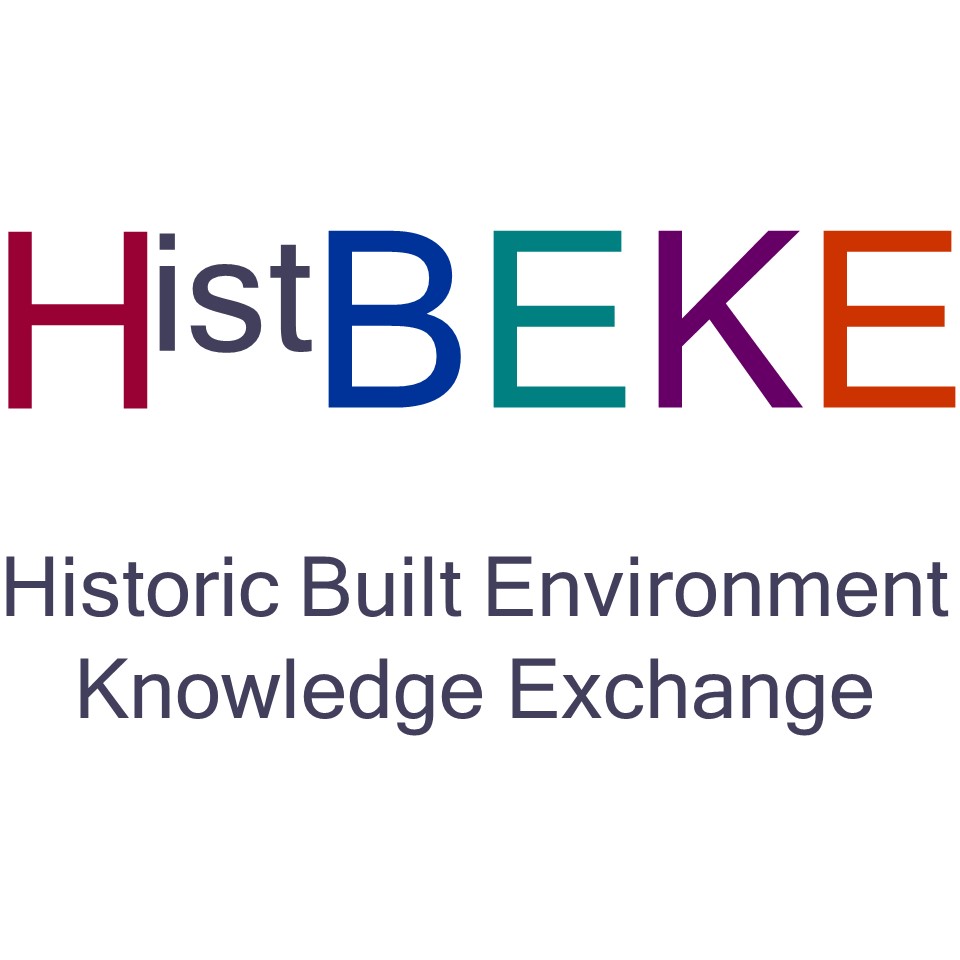From September to November 2017 seven focus group events were held in York, Manchester, Birmingham, Newcastle, Bristol and two in London to discuss the potential of the HistBEKE framework. At these workshops, we gathered suggestions and recommendations for how it could be structured and what it may cover, including knowledge gaps identified by those working in the sector. This built on information gathered by our baseline survey carried out in the Summer of 2017, and provided an opportunity to discuss how a knowledge exchange framework for the built historic environment might work in practice. Thank you again to everyone who came along to one!
The objectives of the focus group workshops were to:
- further identify levels of awareness of research frameworks within the built historic environment sector;
- discover whether research frameworks are used within the built historic environment sector, and if not to identify the impediments to their use;
- discuss how the HistBEKE research framework could be developed to minimise any identified impediments, and thus provide benefits to the built historic environment sector;
- identify any areas commonly identified by the sector as under-researched;
- discover areas of current research / projects currently being undertaken.
A summary report outlining the comments, suggestions and recommendations made across all seven workshops has now been completed and has been published on our website here: https://histbeke.org/Project_Documents/
Some of the key outcomes, however, are summarised below.
Attendees
A key target audience for the focus group workshops was those who work in Local Authorities in a planning or conservation officer role, as well as those who undertake other reactive historic buildings work such as contractors, consultants and conservation architects. A good number of this target audience was reached as can be seen in the graph of attendees below (fig.1).

Use of Research Frameworks
At each workshop there was a significant amount of discussion devoted to how the HistBEKE framework might look, what it might do, and who would use it and why. As discovered in the Summer 2017 survey, the majority of attendees did not currently use research frameworks, many having had no previous experience of them.
However, in feedback provided by delegates at the end of each workshop, 39% of attendees agreed and 54% strongly agreed that a framework for the built historic environment will be of benefit to the sector, with no one disagreeing with this statement (fig.2)

Knowledge Gaps
A large number of knowledge gaps were identified by attendees, but unlike the key recommendations listed below, most were mentioned at just one of the workshops, reflecting the multidisciplinary backgrounds of the attendees and the range of organisations or societies that they were affiliated with. Those mentioned at three or more workshops, however, included:
- Significance (mentioned at all seven)
- Change in use / adaptive re-use / new use / regeneration
- Non-designated heritage and assessing the significance of the ‘typical’
- 20th Century industrial heritage, including industrial estates
- Building Information Management (BIM) – what role for heritage?
- Buildings which are at risk either now or potentially in the future, and how to predict this
- Conservation philosophy and balancing interests – conservation / preservation / sustainability
- Craft skills
- Historical associations / social history of buildings and the people who lived in or used them, including building alterations made by inhabitants
- Responses to climate change, including flooding and increased rainfall
In addition to specific building type or other heritage focused knowledge gaps, discussion at many of the workshops included issues and suggestions relating to research resources and access to information. In particular, attendees discussed the problem of not knowing what exists and where, suggesting that HistBEKE should look for solutions to the issue of ‘lost’ research such as MA dissertations, HLF reports, heritage statements, card-based building records/archives, and research undertaken for a specific case and then held by the commissioning organisation or developer.
Recommendations
A key area of discussion at all workshops focused around whether or not the HistBEKE agenda would provide access to information to be able to exchange knowledge, or if it was an attempt to embed research into reactive buildings/conservation casework for which time and other resources would be a limiting factor. This resulted in an overarching recommendation from attendees that there should be two main elements to HistBEKE:
- A Knowledge Exchange – a ‘one-stop-shop’ website that anyone can access for information on building types, conservation techniques, craft skills, materials etc. This should be a Google-style search engine which will provide links/signposts to resources, and should be a wiki-style page that is open access so that anyone can update it.
- A research agenda and strategy to fill identified knowledge gaps and thus add to the knowledge exchange above. This should be managed by a network/forum/stakeholder group rather than an open access wiki, but with the opportunity for others to submit suggestions for consideration by the group.
In addition, the majority of workshop attendees also suggested that the name should be changed, although there was no agreement on what the name should be, with many suggestions being made at each workshop. If you have any ideas, please let us know!
Next steps
The project team would be grateful for your feedback on the summary, particularly in relation to the recommendations and identified knowledge gaps. If you would like to make any comments on these, or the project in general, please send them to Stella Jackson (stella.jackson@liverpool.ac.uk) or get in touch with us via Twitter on @HistBEKE.
The results of the focus groups workshops, along with the those of the Summer 2017 survey and any other suggestions that have been emailed or tweeted to us, will form the basis of the recommendations that the project team make for the development of the framework. Before these are finalised, however, they will be consulted on as part of a follow-up survey in the Spring of 2018, and the final recommendations following this will also be available as a draft document for comment via our website before being confirmed and submitted to Historic England.


1 Comment